Nestled in the heart of Eastern Georgia, the village of Dochu emerges as a captivating jewel within the Akhmeta Municipality, Kakheti Region. This historical enclave, situated in the Tusheti region’s Chaghma community, stands proudly on the south slope of the Makratella ridge, gracefully dividing Tush Alazani and reverse Alazani. At an elevation of 2050m above sea level, Dochu beckons explorers to delve into its rich cultural and architectural heritage, offering a unique perspective on late medieval life.
A Brief History of Dochu
Cultural Heritage Monument Status
Dochu, with its late medieval architectural charm, has earned the prestigious status of a cultural heritage monument. This acknowledgment came to fruition through an order issued by the Director of the National Agency for Cultural Heritage Preservation of Georgia on October 28, 2016. The legal act not only granted this recognition but also meticulously defined the exact boundaries of the monument. As you traverse the village, you’ll encounter six authentic cultural heritage monuments, each narrating a tale of its own.
Architectural Marvels
The village of Dochu is a living testament to the architectural prowess of a bygone era. Its landscape is adorned with three-story houses and an abundance of balconies, creating a picturesque tableau against the backdrop of the rock Kim. Dochu’s architectural identity is entwined with the essence of warriors, earning it the moniker “village of warriors grown on the peak.” Each structure resonates with the echoes of history, inviting visitors to step back in time.
Guardians of the Peak: Dochu’s Unique Legacy
Dochu’s villagers, unique in their traditions, operated without a master. Their mission was profound: to be the first to detect the enemy from the peak, either emerging victorious or making the ultimate sacrifice. Mothers played a crucial role, embedding wood into the ground and tying toddlers to the top to safeguard them from being trampled or slipping into the rocky terrain. As soon as toddlers could walk, their training commenced in the art of sword-wielding. The village embraced a distinctive perspective: the more bruises, the better the man. It’s a testament to the resilience and strength instilled from an early age. Interestingly, folklore suggests that one had the right to pick up a child tied to a string on wood. This practice, ensuring familiarity with the ground, laid the foundation for future warfare operations.
A Journey Through Time
In conclusion, a visit to Dochu is a journey through time, a passage to an era marked by architectural brilliance, warrior traditions, and a unique way of life. Its recognition as a cultural heritage monument adds an extra layer of significance, making it a must-explore destination in Eastern Georgia.
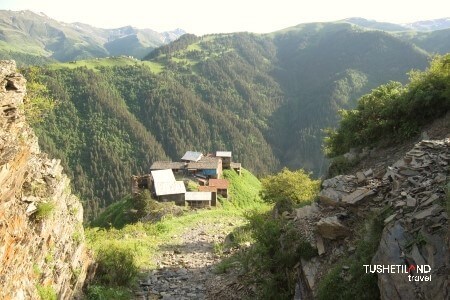
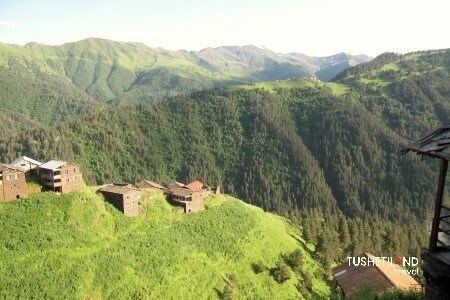
Infrastructure in Dochu
How to get to Dochu
Dochu has a remote location in the mountains, and getting there can be a bit challenging. Here are some options for how to get to Dochu:
By car: The most common way to reach Dochu is by car. The village is accessible via a narrow, winding road that runs through the mountains. The road is paved, but it can be difficult to navigate, especially for those who are not used to driving on mountain roads. The road is generally open from late May to early October, depending on weather conditions.
By foot: For those who enjoy hiking, it is possible to reach Dochu on foot. The village is accessible via several hiking trails that run through the mountains. The trails are different in difficulty and length, so it is important to plan and be prepared for the terrain.
Overall, getting to Dochu requires some planning and preparation, but the journey is well worth it for those who want to experience the beauty and remoteness of the Tusheti region.
Useful tips
Assuming that you are referring to “Dochu”, a village in Georgia, here are some useful tips if you plan to visit or stay in the village:
- Learn some basic Georgian phrases: While some people in the village may speak English, it’s always polite to try to communicate with locals in their native language. Surely, learning some basic Georgian phrases can go a long way in helping you connect with the locals.
- Dress appropriately: Dochu is a traditional Georgian village, and it’s important to respect the local customs and traditions. Dress modestly and conservatively, especially when visiting religious sites.
- Bring cash: There are no ATMs in Dochu, so make sure you bring enough cash with you for your stay. Also, most businesses in the village may not accept credit cards, so it’s always good to have cash on hand.
- Plan: Dochu is located in a remote part of Georgia, so it’s important to plan for transportation, accommodations, and activities. Make sure to book your accommodations in advance, especially during the high tourist season.
- Respect the environment: Dochu is located in a beautiful natural setting, and it’s important to respect the environment and leave no trace. Avoid littering and take care not to damage any natural habitats.
- Try the local cuisine: Georgian cuisine is known for its delicious dishes, and Dochu is no exception. Try the local specialties, such as khinkali (dumplings), Kotori (local cheese bread), and Mtsvadi (grilled meat).
- Be open to new experiences: Dochu offers a unique cultural experience, and it’s important to be open to new experiences and learn from the local people. Take part in traditional activities, such as making cheese or baking bread, and immerse yourself in the local culture.
Tours in Tusheti
Dochu on a Map

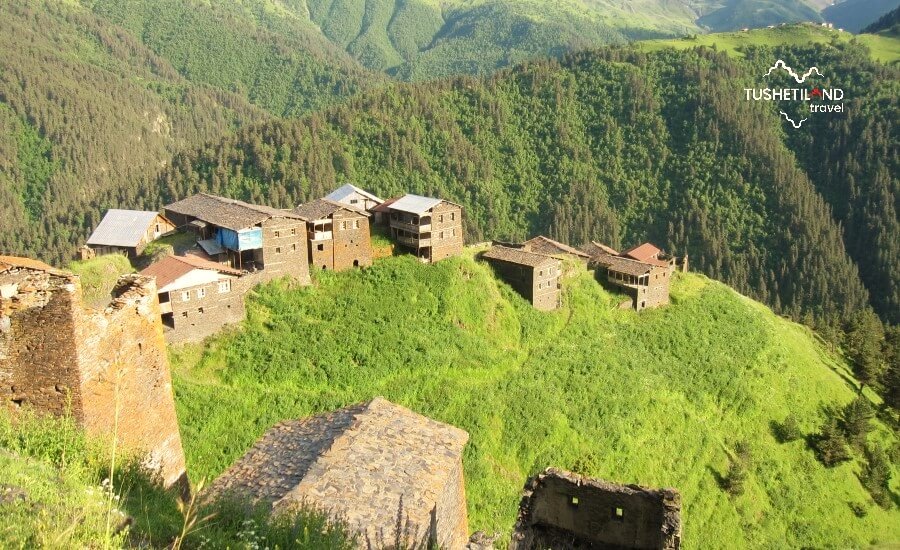
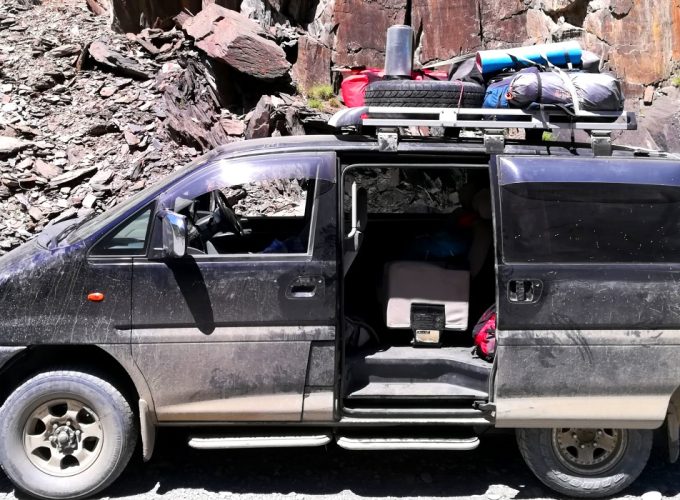
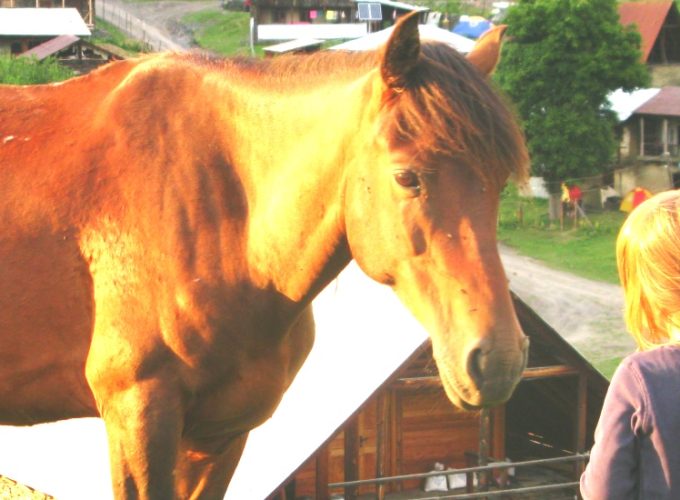
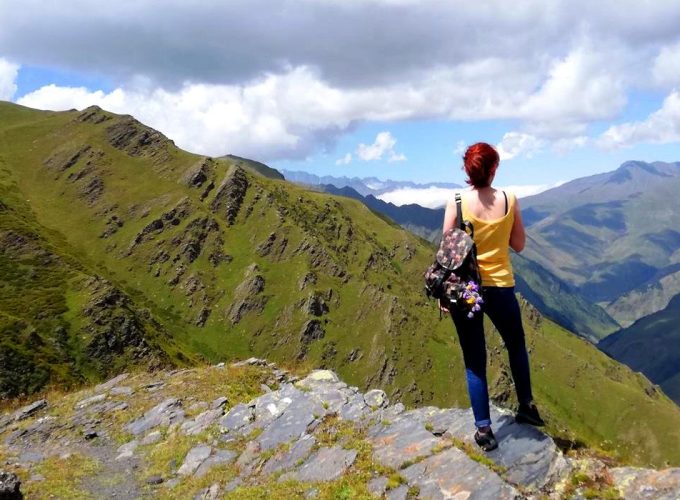
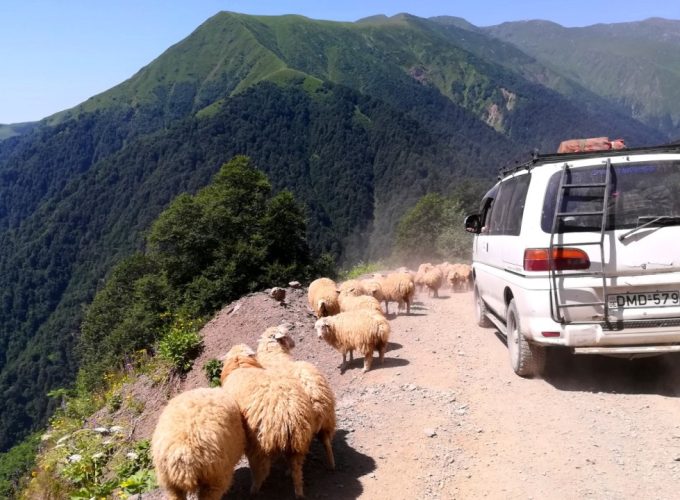
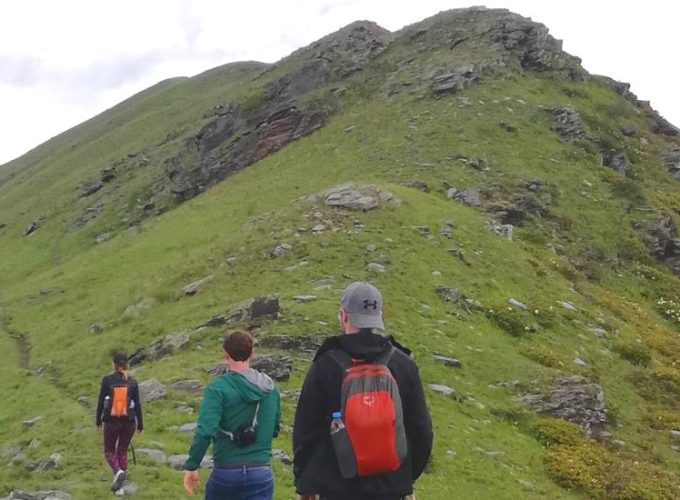
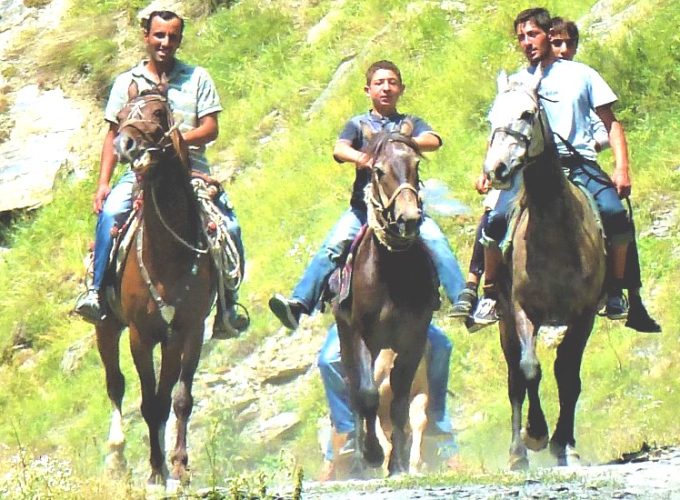
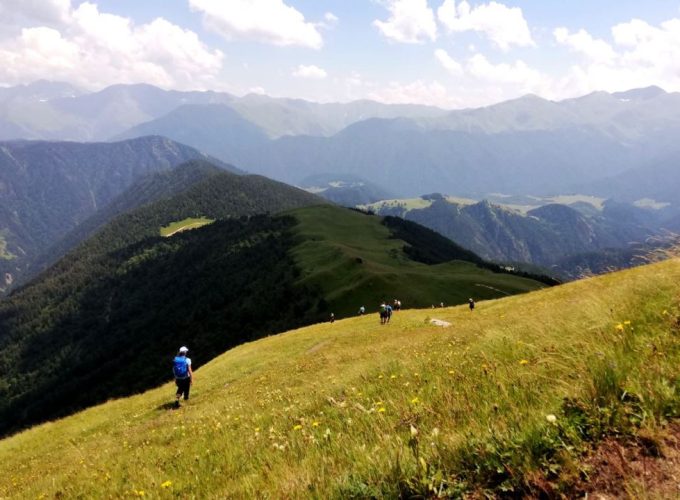
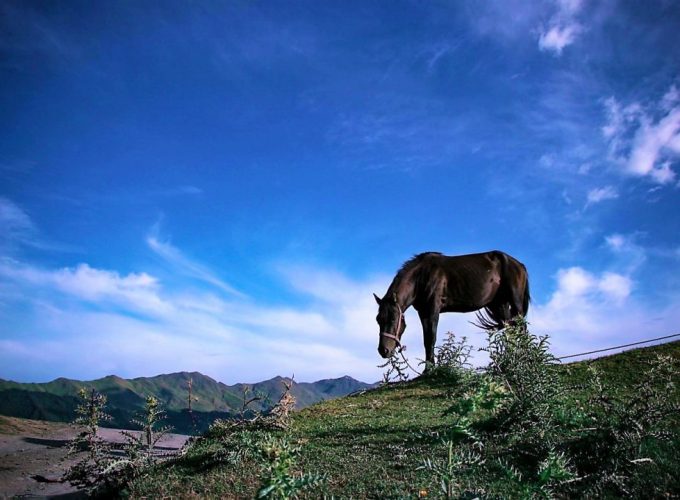


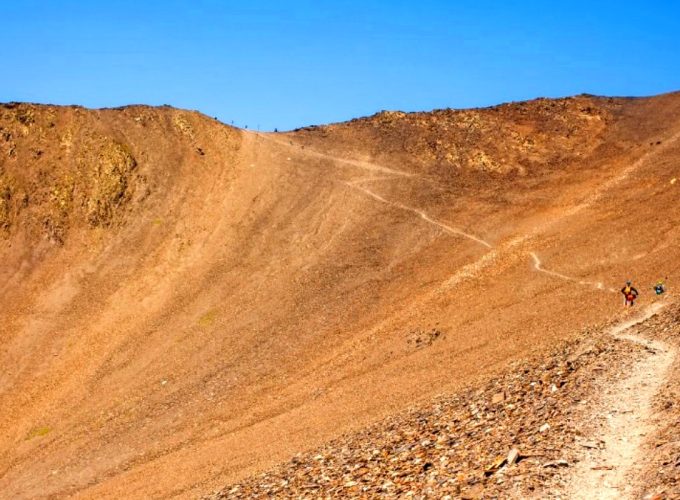
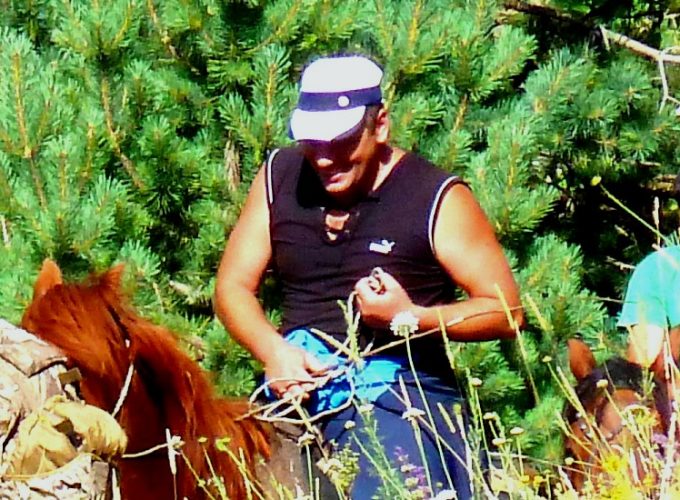
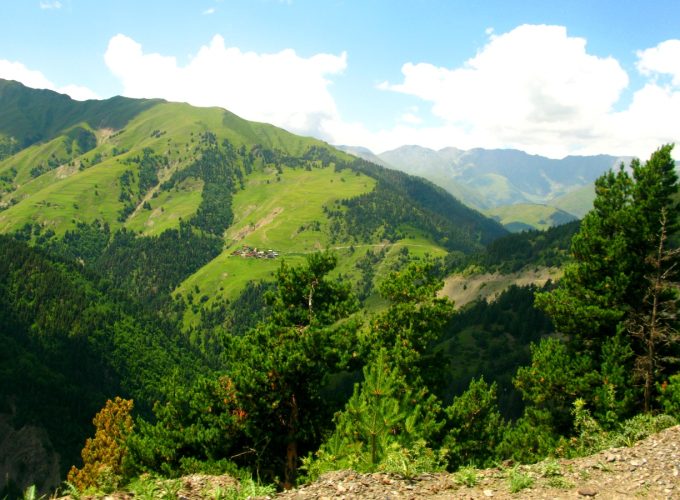
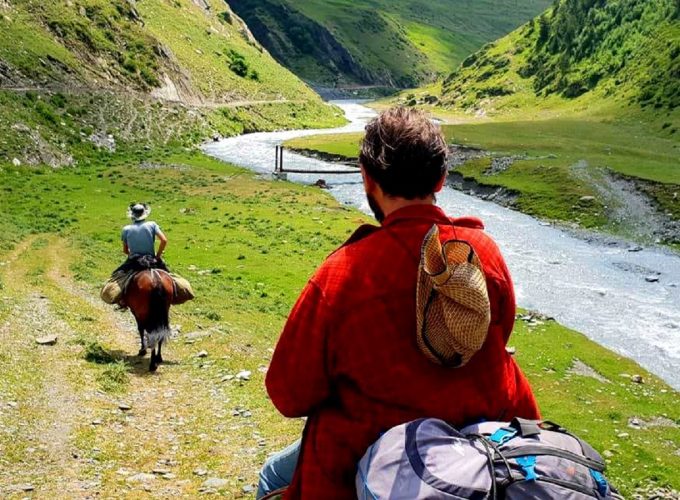
Comment (0)